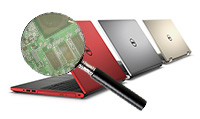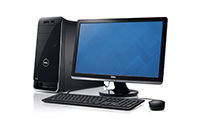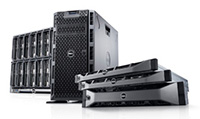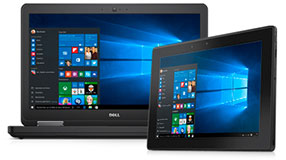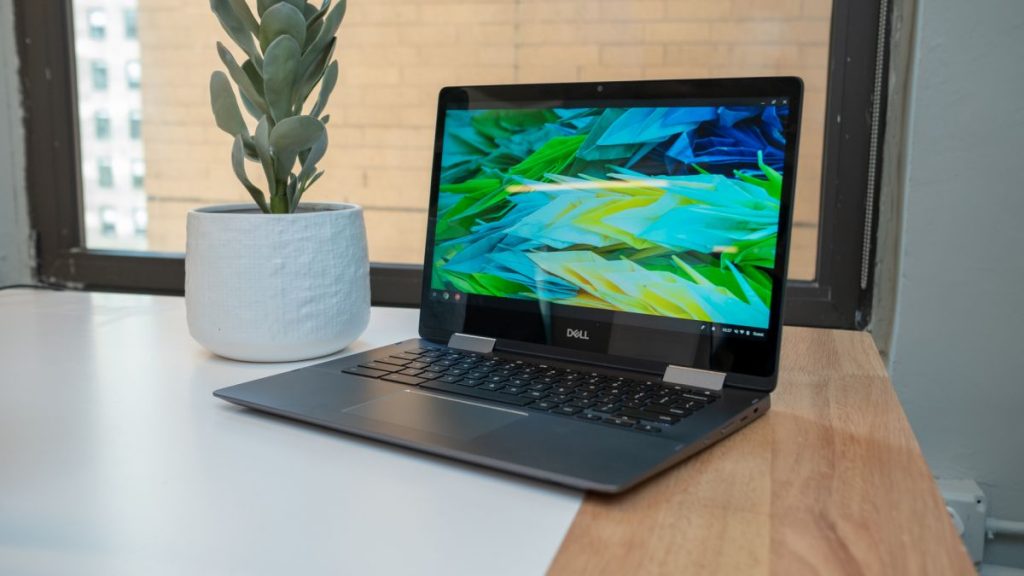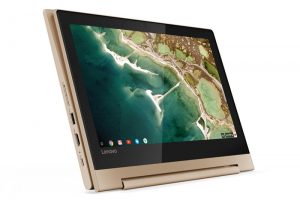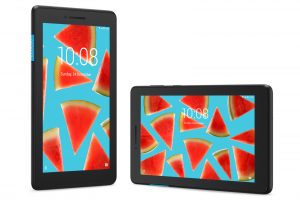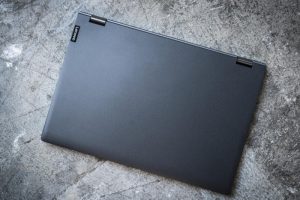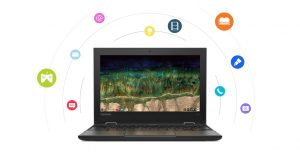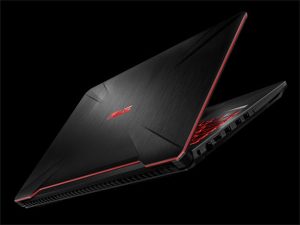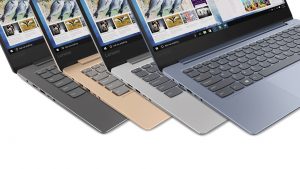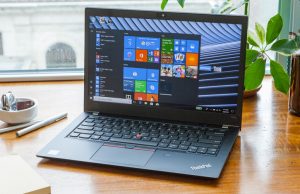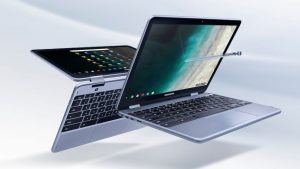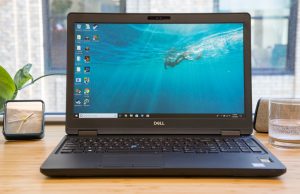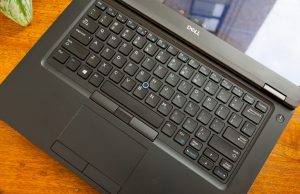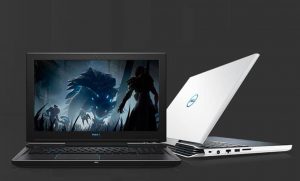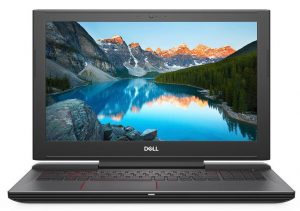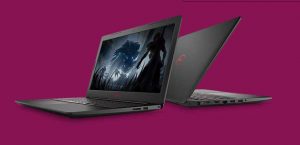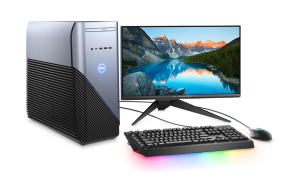Beginning Thursday, December 15th, Dell removed its "Mini" netbooks from the company's website with apparently no prior public announcement. Since then Dell confirms consumer-oriented netbooks, with screens 10-inches or smaller, are essentially finished, having been diminished by rising tablet sales. Dell says its future lies in thin and powerful, which certainly means ultrabooks for the immediate future. Business customers will still have access to netbook products such as the Latitude 2120.


In the 2008 - 2010 time-frame netbooks had a successful run with Intel reporting that it sold 70-million atom processors. Netbooks are still popular in countries such as Brazil, China and India.
Dell, and just about all laptop manufacturers, report a distinct move toward ultrabooks, which apparently have been defined, not by PC makers, but by a list of Intel specifications. As a result you should expect to see products about eight-tenths of an inch or thinner, a maximum weight of of 3.1 pounds, battery-life in the 5 to 8-plus hours range, and solid-state (SSD) drives. Needless to say, those machines will use Intel’s graphics sub-system and Intel processors, and apparently most will not have optical drives. Based on the popularity of the Dell XPS 14z however, manufacturers that can manage to squeeze optical drives into that package may be well rewarded.
Acer for example is already focused on ultrabooks for 2012, and has already been successful in that category this year (2011). Expect a barrage of ultrabook releases in 2012 from Asus, Dell, Fujitsu, HP, LG, Lenovo, Samsung, Sony and Toshiba.
Right now manufacturers are struggling to stay below a $1,000 price-point, but industry watchers expect prices will fall to the $500-range by 2013, or sooner.
Assessment
Netbooks may have met their demise industry-wide, but ultrabooks may be with us for quite a long run. Dell may be able to get ahead of the curve by being among the first manufacturers to make this significant and smart move away from netbooks.

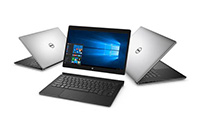 Laptop & Tablet Parts
Laptop & Tablet Parts